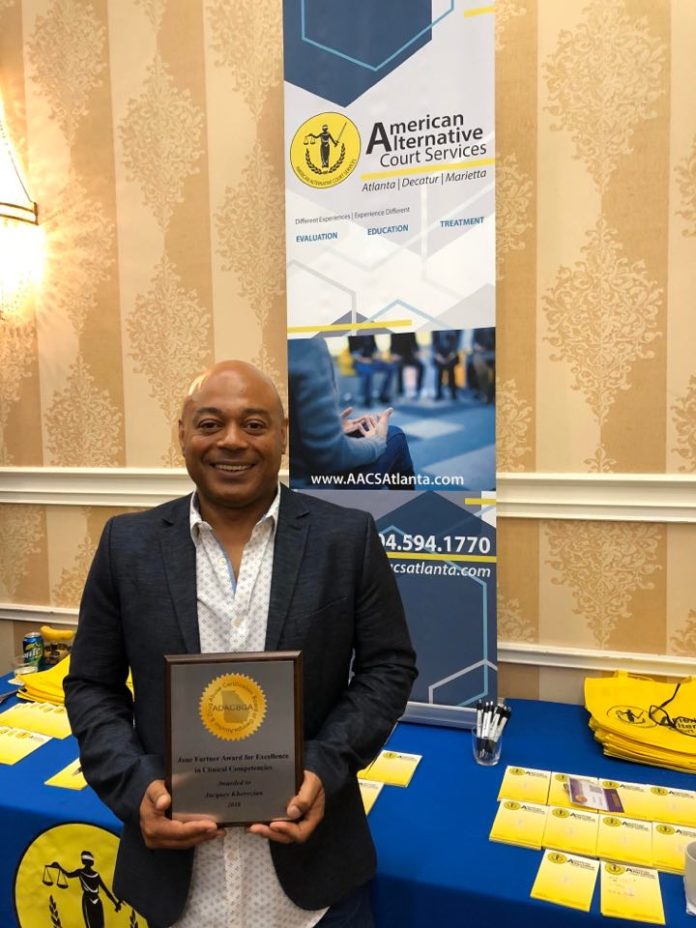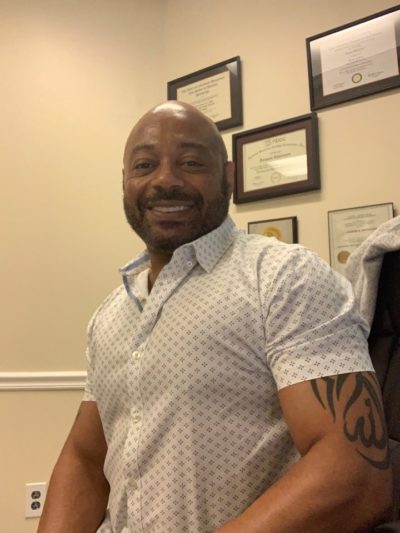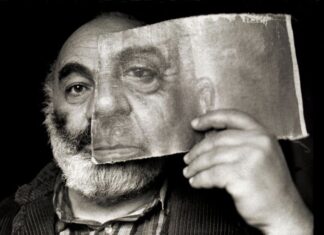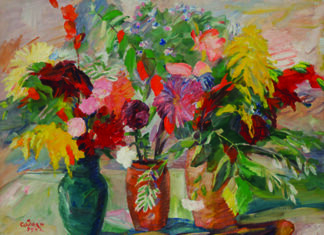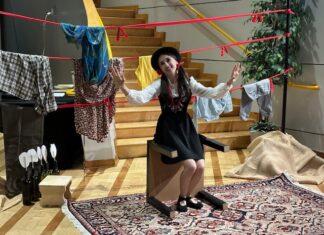YEREVAN/ATLANTA — My interest in Armenians’ participation in world dance scene and the Armenian communities of Africa intertwined in the persona of Jacques Kwesi Al Asmar. Living in Atlanta, Georgia, he is the chief executive officer at American Alternative Court Services. Before that he worked at Office of the Circuit Public Defender (Atlanta Judicial Circuit Worked) and at San Francisco Superior Court, but he is also an avid dancer.
Dear Jacques, I am glad to introduce you to the Armenian readers of Armenia and the Diaspora. First of all, many of us would ask you about how you combine the serious profession of a psychologist with that of a dancer?
I specialize in addictive disorders. I have worked in the criminal justice system and the courts for over 25 years. Dancing has never been a profession for me. I dance because I enjoy dancing. It is my favorite hobby. Although I have performed and taught dance professionally, I never considered it a profession. It has always been a hobby and will remain that way. Dancing allows me to remain connected with my soul and what’s truly important in life. My friends, family, and coworkers know the importance of music and dance in my life. I work with a lot of judges, attorney, and doctors who enjoy dancing. As a matter of fact, several of my coworkers dance with me and take dance lessons on an on-going basis.
How do you characterize your dance style? Middle Eastern male belly dance maybe?
I do not categorize myself as any specific style dancer. My dance style is referred to as “danse orientale.” I enjoy many styles of dance. Some of my favorites are Arabic, Salsa, and Merengue.
You are from an Armenian-African mixed family. What are some unique points of that combination?



